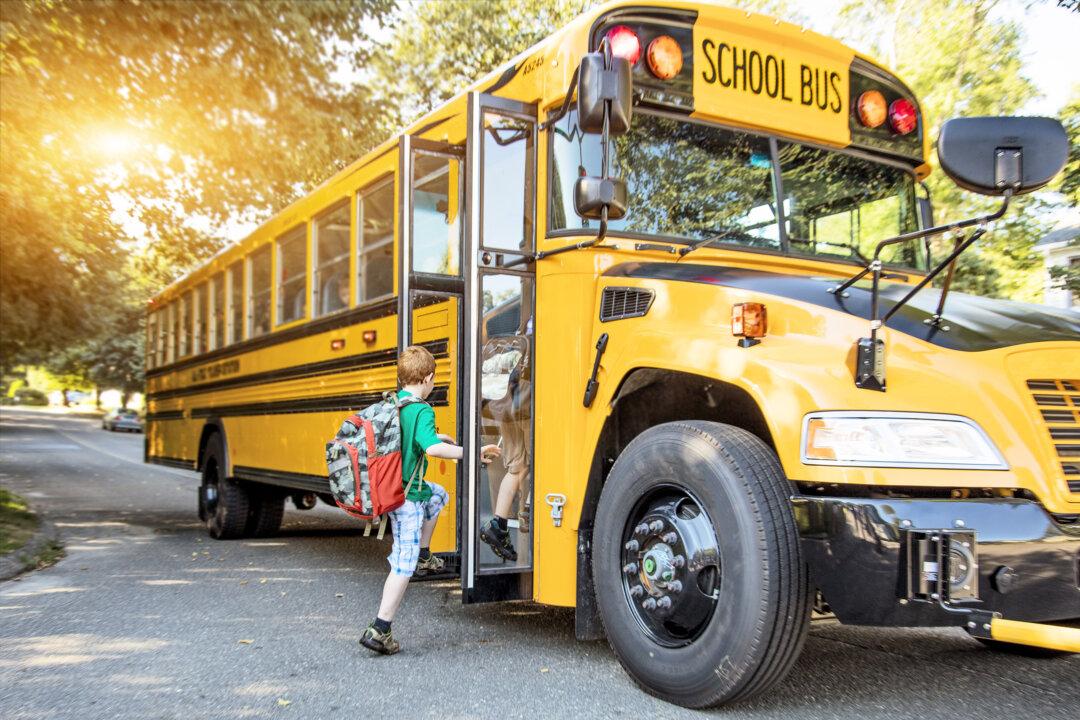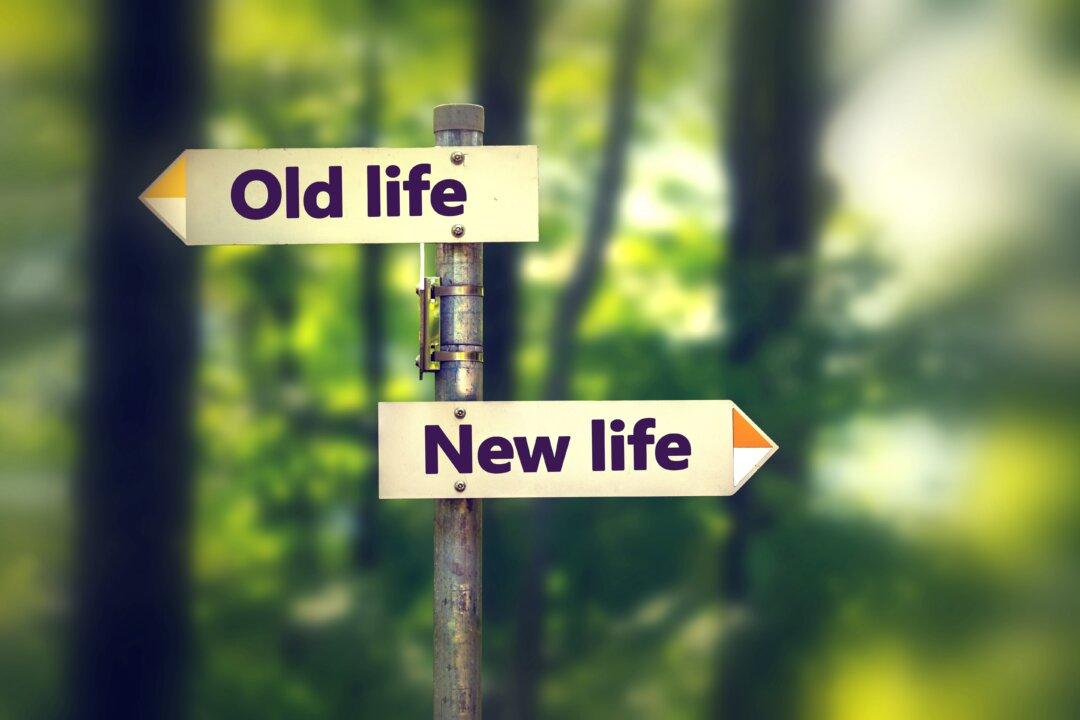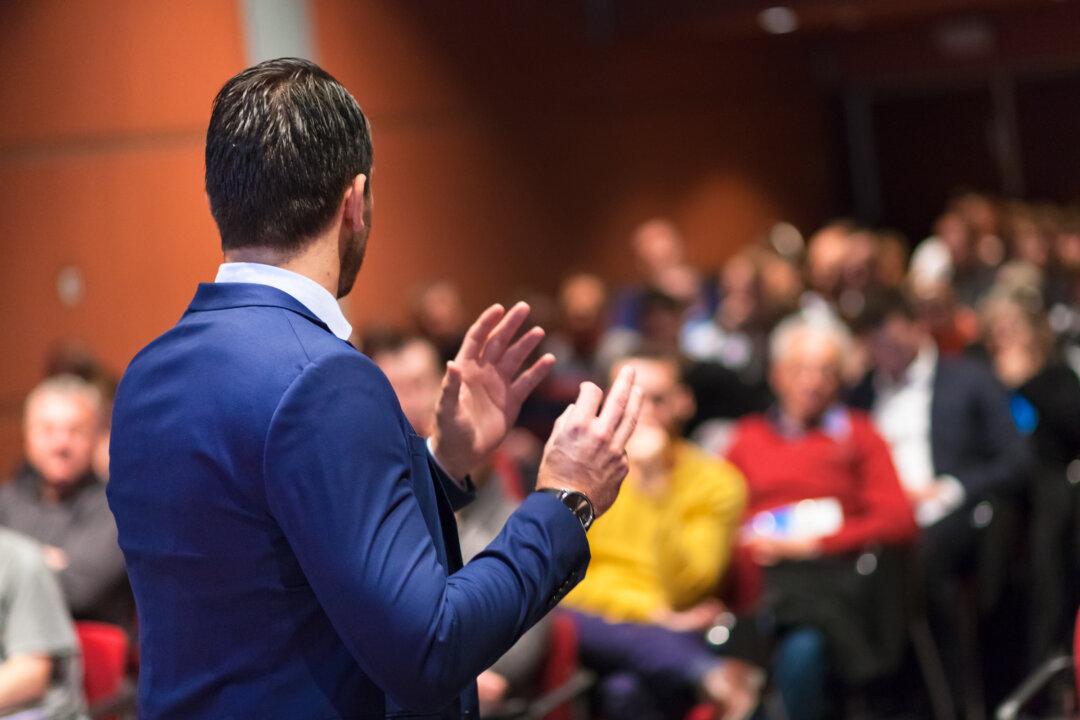My first day of elementary school was memorable, but not for the reasons you might think.
I didn’t attend Kindergarten. It wasn’t an option in the rural part of Ohio where we lived.
The bus picked me up and I had all the anxiety a six year old might have going to school for the first time. My consolation was my best friend and next door neighbor Jimmy who was riding the bus with me.
When we arrived at Colebrook Elementary, his older brother Jeff (a third grader) was kind enough to escort us to our classroom. I took a seat and waited while the teacher passed out books and then instructed us to start reading.
What? This was my first day of school! I could make out a few words but I didn’t really know how to read. Tough class! I was embarrassed.
I glanced at my friend Jimmy who held his book up and appeared to be reading. I was even more ashamed.
I raised my hand and told the teacher I couldn’t read. She had a look of minimal empathy on her face as she informed me I must be—to use the terminology of the day—a “slow student.”
Just then the first grade teacher Mrs. Wann walked into the what I later learned was the second grade classroom. “Are Jimmy and Mark here?” I shot up my hand. No angel of heaven could have appeared more wonderful than her. She escorted us to the correct classroom where we began our education, including learning to read.
(I later asked Jimmy how he was able to read the book. “I was reading the pictures!” he said.)
It doesn’t matter how motivated a person is if they’re in the wrong room.
Might you have a few people on your team like that? They want to do a good job, they try hard, but they ultimately fall short. Maybe you’ve just got them in the wrong place.
Why don’t people perform? It is almost always for one of these reasons:
1) They don’t know what to do.
2) They don’t know how to do it.
3) They don’t want to do it.
4) They can’t do it.
Reason #4 is effectively the same as my situation so many years ago. It wasn’t that I was an underachieving student. I was just in the wrong classroom.
Good leaders have the ability to assess abilities. As my good friend Dr. Nido Qubein has said, “Expectation without education equals frustration.” An effective leader knows both what a person is capable of and what training and the education they need to succeed.
But training and development aren’t a panacea. If you’ve got the right person in the wrong role they won’t succeed.
Specifically, it is a matter of fit. The person fits the role. It isn’t an exact science, an either/or. However, when someone who is conscientious struggles performing even after they’ve receive the necessary training, it is likely a fit problem.
Using the metaphor, check your classrooms. Are the right students in the right classrooms and even in the right seats? Are you assuming a student is a poor performer when in reality, he or she is just in the wrong classroom?
Willingness and ability aren’t the same thing. Understanding the nuances of people and performance is an important skill for leaders.









